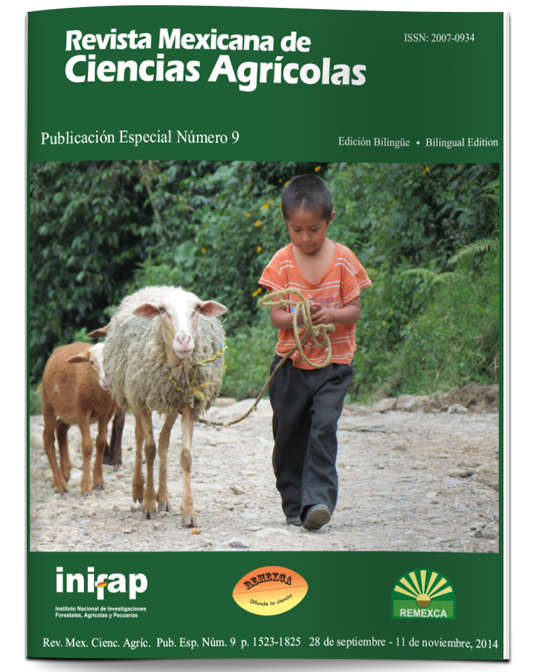Social economy, commonality: theoretical guidance for rural tourism as a development alternative
DOI:
https://doi.org/10.29312/remexca.v0i9.1054Keywords:
commonality, local development, rural tourism, social economyAbstract
This article aims to present a theoretical model for the study of rural tourism, which helps illustrating the challenges faced by the commonalities when considering implementing touristic activities that would help to be an alternative of local development. For this, it is argued that these need to be established and administered from communal agreements, equity, respect and voluntary commitment. It is for this reason that, the methodology used was through the theory of commonality (Rendón and Díaz, 2003) and the social economy (Coraggio, 2003) because we consider them both as two pillars of local development.Thefirstoneconsistsontheterritory,where the forms of community organization are manifested through work, exercise, power and cultural events aimed achieving collective goals. Furthermore the territory, acquires a symbolic collective ownership. Work as a system of rights and obligations, based on reciprocity and participation. Party and religion as cultural elements that strengthen the community identity. Regarding the social economy, the outstanding participation of local people is taken into account for the creation of working groups to ensure the social reproduction of life. So, concluded that, through the social economy, the sense of community is embraced in the indigenous environment, from rural communitarian tourism.
Downloads
Downloads
Published
How to Cite
Issue
Section
License
The authors who publish in Revista Mexicana de Ciencias Agrícolas accept the following conditions:
In accordance with copyright laws, Revista Mexicana de Ciencias Agrícolas recognizes and respects the authors’ moral right and ownership of property rights which will be transferred to the journal for dissemination in open access. Invariably, all the authors have to sign a letter of transfer of property rights and of originality of the article to Instituto Nacional de Investigaciones Forestales, Agrícolas y Pecuarias (INIFAP) [National Institute of Forestry, Agricultural and Livestock Research]. The author(s) must pay a fee for the reception of articles before proceeding to editorial review.
All the texts published by Revista Mexicana de Ciencias Agrícolas —with no exception— are distributed under a Creative Commons License Attribution-NonCommercial 4.0 International (CC BY-NC 4.0), which allows third parties to use the publication as long as the work’s authorship and its first publication in this journal are mentioned.
The author(s) can enter into independent and additional contractual agreements for the nonexclusive distribution of the version of the article published in Revista Mexicana de Ciencias Agrícolas (for example include it into an institutional repository or publish it in a book) as long as it is clearly and explicitly indicated that the work was published for the first time in Revista Mexicana de Ciencias Agrícolas.
For all the above, the authors shall send the Letter-transfer of Property Rights for the first publication duly filled in and signed by the author(s). This form must be sent as a PDF file to: revista_atm@yahoo.com.mx; cienciasagricola@inifap.gob.mx; remexca2017@gmail.
This work is licensed under a Creative Commons Attribution-Noncommercial 4.0 International license.



